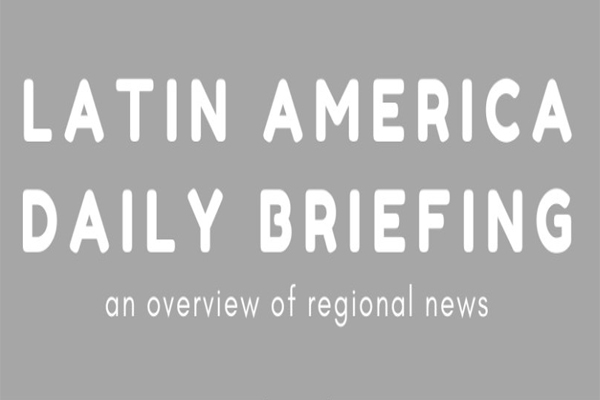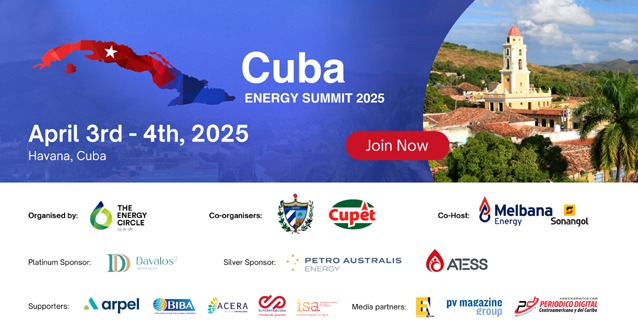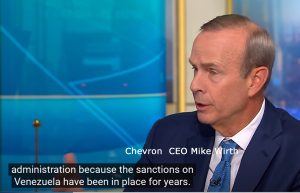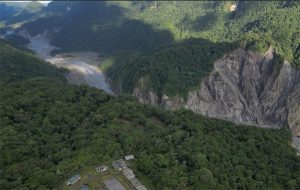
Former Honduran President Juan Orlando Hernández should be extradited to the United States, where he faces drug trafficking and weapons charges, an Honduran judge ruled yesterday. Hernández was detained in Tegucigalpa in February, shortly after leaving office, in response to an extradition request by the United States. (See Feb. 16’s post.) U.S. federal prosecutors have accused him of participating in a “violent drug-trafficking conspiracy.”
Hernández appeared in court yesterday wearing a blue suit, shackled at the wrists and ankles.
Hernández’s legal team said it will appeal the decision, which will be reviewed by the full Supreme Court. Hernández has maintained that statements against him have been made by drug traffickers extradited by his government who wanted to seek revenge against him.
News Briefs
Regional
- The Ukraine conflict will likely result in larger current account deficits and mounting external financing needs across energy importer countries in Central America and the Caribbean. But given Latin America’s reliance on commodity exports and waning trade dependence on Europe, the positive terms of trade shock may boost exports in many countries, reports Americas Quarterly. (See Tuesday’s post.)
El Salvador
- The Inter-American Commission on Human Rights held a hearing yesterday into widespread unlawful surveillance using Pegasus spyware against journalists and activists in El Salvador. Senior human rights officials have repeated calls for a ban on the powerful Israeli spyware until safeguards are in place to protect civilians from illegal hacking by governments, reports the Guardian. (See Jan. 13’s post.)
- An investigation published in January documented the use of NSO Group’s Pegasus spyware against 35 journalists and human rights defenders in El Salvador. (See Jan. 13’s post.)
- El Salvador’s military took over two San Salvador bus lines accused by the Bukele administration of illegally increasing tariffs. El Faro reports that transit on Monday was chaotic, with soldiers driving buses and confused officers attempting to indicate routes.
Brazil
- President Jair Bolsonaro’s cash subsidy program for Brazil’s poor has pushed up his popularity among the country’s most vulnerable ahead of this year’s presidential election. According to a new Quaest poll, Bolsonaro would receive 19% of the votes in the first round of the October election, up from the 16% in February. Former President Luiz Inácio Lula da Silva remains in the lead with 27% of voting intentions, reports Bloomberg. (See Tuesday’s briefs on Bolsonaro’s plans to increase handouts this year.)
- In the poll disapproval of Bolsonaro drops from 45% to 23% among those who started receiving aid and voted for him in 2018. (CNN)
- A highway that would slice across the Amazon is unfinished, but has already spurred greater deforestation — and a wave of violent armed criminal groups along its path, reports the Washington Post. Since 2015, deforestation along the highway has grown ninefold, and has been closely accompanied by the threat of violence.
Mexico
- Mexican armed forces captured Juan Gerardo Treviño Chávez, the reported leader of the feared Northeast Cartel. But the arrest may only stoke further violence along the U.S. border by providing an opening for the Jalisco Cartel New Generation to continue its national expansion, warns InSight Crime.
- The battle to control El Limoncito, a small village in Mexico’s Morelia state, shows the intensity of the conflict raging in Mexico’s hinterlands after decades of state abandonment and cartel control. The community has been turned into a ghost town by a two-year turf war between warring criminal groups, reports the Guardian.
Ecuador
- Ecuador’s political situation is rapidly deteriorating, writes Sebastián Hurtado in Americas Quarterly. “To blame is institutional malaise, division and the arrival for the first time in Ecuador of the kind of brutal violence on a mass scale faced by other countries in the region.”
Venezuela
- Venezuela expert David Smilde’s work examines how the powerful can use abstract narratives and misinformation to preserve or advance their position. “Chavismo has weaponized media in the service of power. The domestic and international opposition likewise uses disinformation,” he writes in Nacla. “In the face of a fraught conflict with missteps and misinformation on both sides, empirically informed analysis offers one tool to cut through the noise.”
Colombia
- The arrest of a group of women smuggling cocaine at a Colombian airport highlights how women routinely serve as low-level couriers for drug rings – a highly visible and risky job that has contributed to mass female drug detentions in Colombia and the wider region, reports InSight Crime.
Histories
- Greater equality than that experienced in other Mesoamerican cities might have been a key ingredient for the success enjoyed by the ancient city of Monte Albán, a Zapotec community in Mexico. (Guardian)
Latin America Daily Briefing —
http://latinamericadailybriefing.blogspot.com












